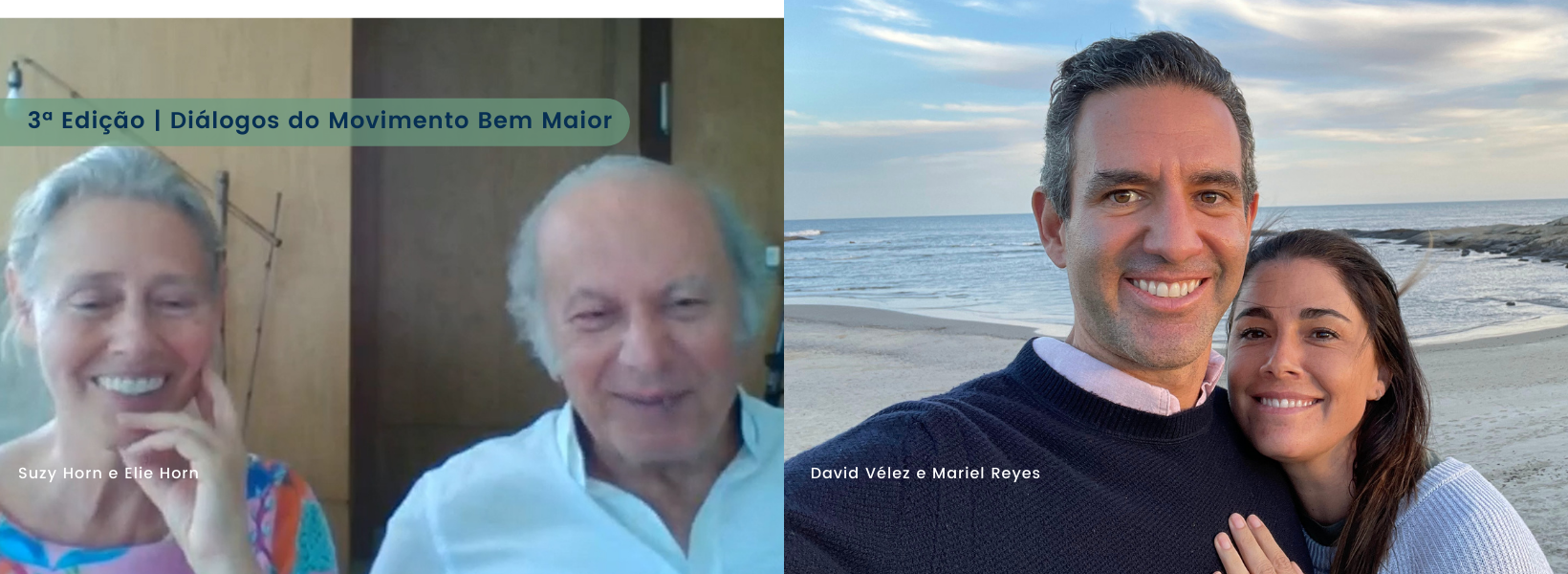Did you know that this Monday, October 17th, is International Day for the Eradication of Poverty? On this date in 1987, more than 100,000 people gathered in Paris, France, in a demonstration to protest against poverty and to point out the situation of the victims as a violation of human rights. Five years later, a General Assembly of the United Nations, through a resolution, also defined this date for defending the cause.
According to the UN , poverty does not only involve the lack of resources and income that ensure sustainable livelihoods. Also included are hunger, malnutrition, limited access to education and other basic services, discrimination, social exclusion and lack of participation in decision-making.
Eradicating poverty is the UN's number 1 objective in the Agenda 2030 global action sustainable development plan. The goal is to eliminate extreme poverty everywhere by that year. However, the World Bank found that progress towards this is stagnant and that it is unlikely that the planet will be able to achieve this goal if the situation does not change in the coming years.
A new report from the World Bank brought updated figures on the situation, and the new global extreme poverty line was adjusted to US$2.15 per day (instead of the US$1.90, which was used, including by UN), change adopted to reflect the latest purchasing power parity data from 2017. The poverty line in upper-middle income countries, such as Brazil, was established at US$6.85 per day, and no longer at $5.50.
According to the institution's report, the pandemic pushed around 70 million people into extreme poverty in 2020, the biggest increase in a year since monitoring began in 1990. Another frightening estimate is that around 600 million people will struggle to live on less than US$2.15 a day by 2030.
In Brazil, studies also show that the problem is gigantic and that it is necessary to act now to reverse the situation. New Poverty Map survey , by Fundação Getúlio Vargas, recorded the highest number of poor people in the country since the beginning of the historical series in 2012.
The survey showed that 62.9 million Brazilians – around 29.6% of the population – lived with a per capita household income of up to R$497 per month, a value that corresponded to the international poverty line of US$5.50 per day. To draw a parallel between 2019 and 2021, there was an increase of 9.6 million poor people.
It is really very difficult to imagine how it is possible to live in such unfavorable conditions in a country like Brazil. The Legado event , organized by Movimento Bem Maior and Banco Santander in April, revealed, for example, that 55% of Brazilians lived with some type of food insecurity and that 73% of homes did not have treated sewage.
All these numbers show that the country and the planet need philanthropy to overcome these immense challenges. Civil society, companies and governments must unite in the fight to eradicate poverty. As the UN itself says, it is necessary to “ensure significant mobilization of resources from a variety of sources, including through enhanced development cooperation” so that countries “implement programs and policies to end poverty in all its dimensions.”
Philanthropy plays a fundamental role in discovering innovative solutions that can be adapted by public authorities to multiply the impact. There is no shortage of examples of sensational initiatives to support this cause.
Can you imagine if projects like those from the organization Gerando Falcões , which work to transform favelas into dignified, digital and developed environments, were taken to every city in Brazil? What if the work of IPTI (Institute for Research in Technology and Innovation) was replicated, which seeks innovations to promote human development, with social technologies? What if people were inspired by the actions of the Madeira da Terra Institute that generate income for women in the northeastern hinterland and that preserve the diversity of fauna and flora? It would certainly be a revolution in the communities.
The time is for unity to turn this game around and for the eradication of poverty to not just be an objective of a UN plan, but to be everyone's real goal.



